Menu
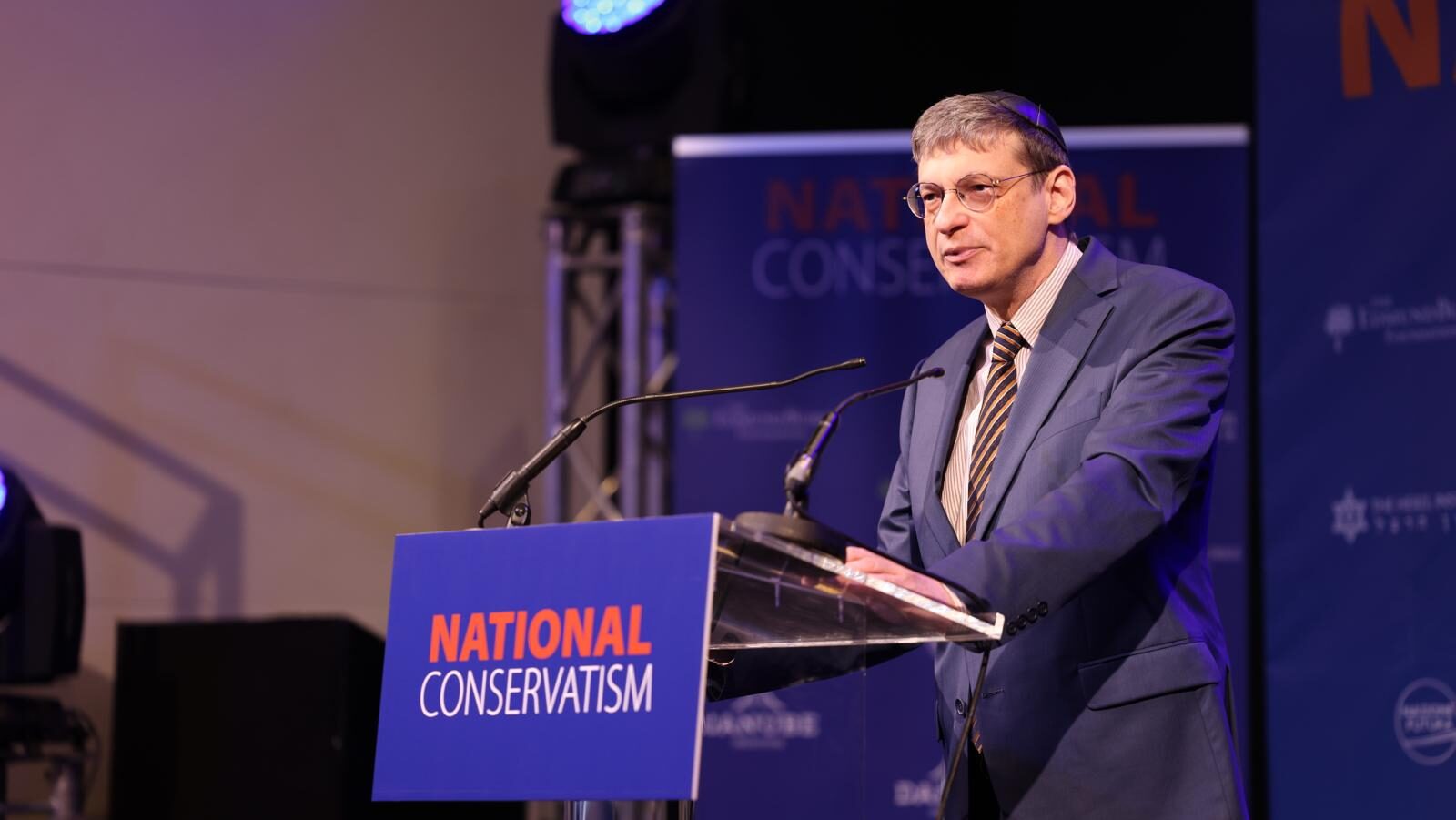
The leftist attack on NatCon Brussels this week is an escalation in the war they are waging on the European Right.
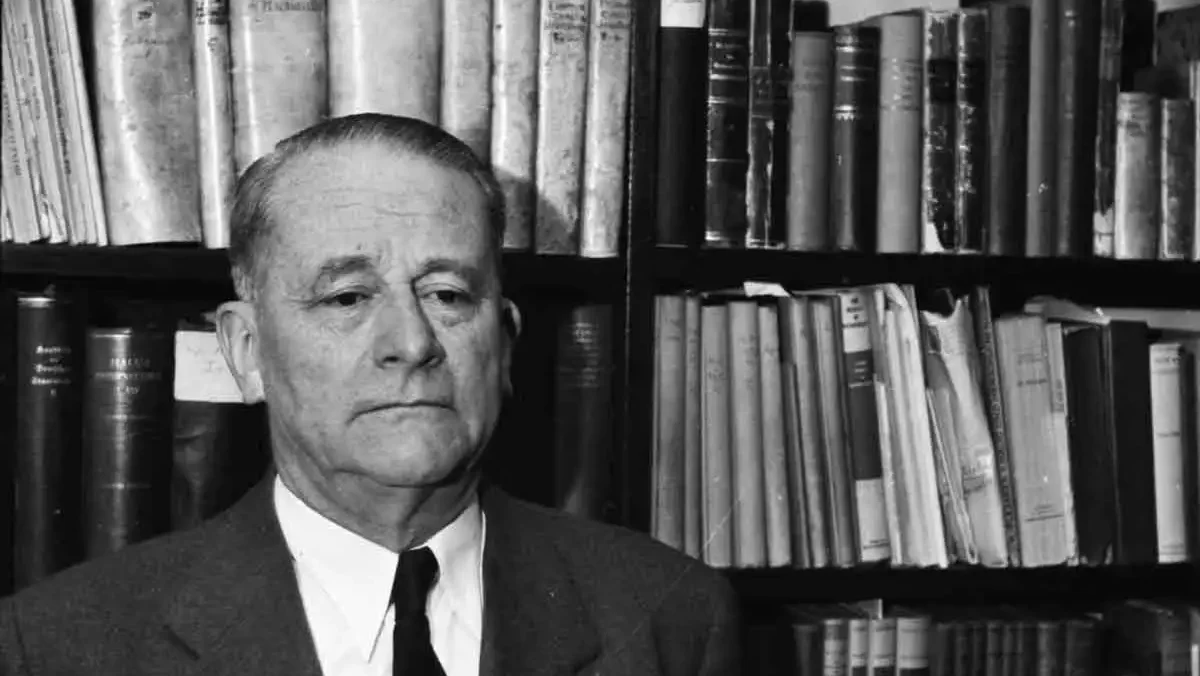

The return of Schmitt is no cause for panic.


This commentary appears in The European Conservative‘s forthcoming 132-page guide to the June 2024 European Elections—available next week.
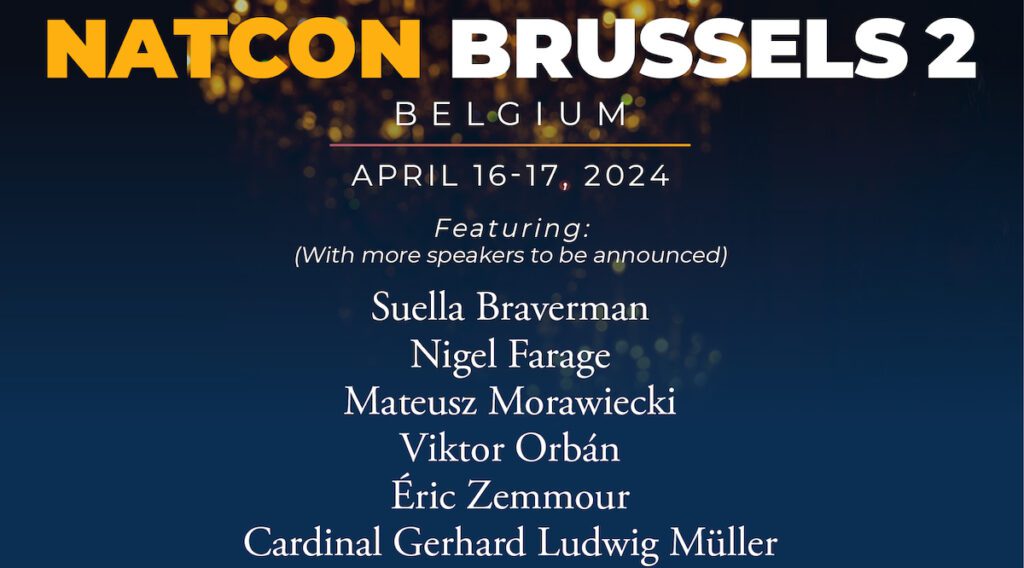

“The last thing Brussels wants is fifty of the most prominent national conservatives in Europe making the case against the leftist-controlled EU.”


Joe Biden and the Democrats are trying to undermine their rival’s presidential campaign.
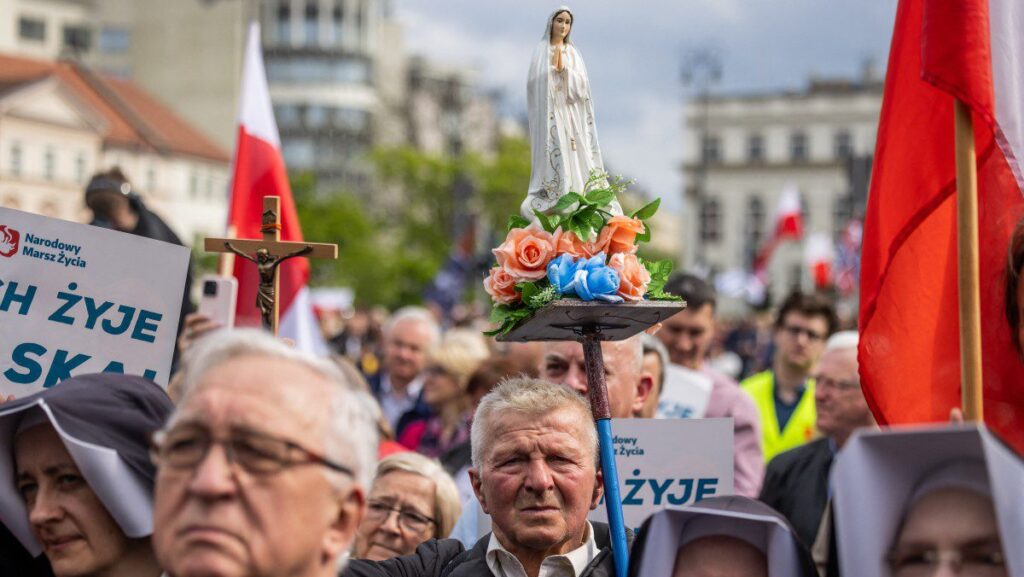

Government attempt at fulfilling election promise to legalize abortion still faces opposition.
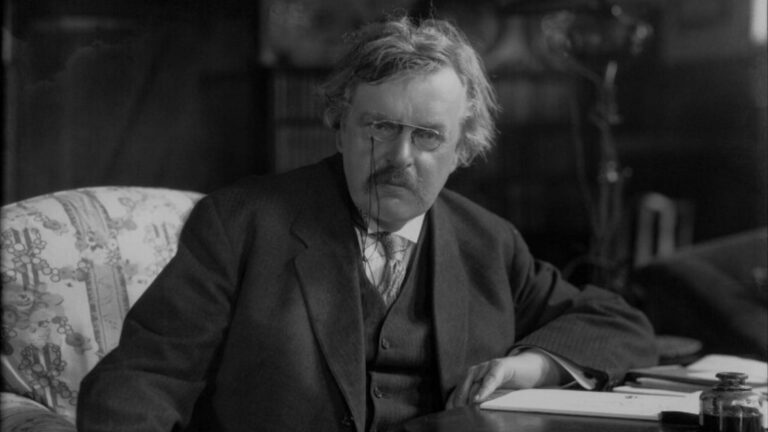

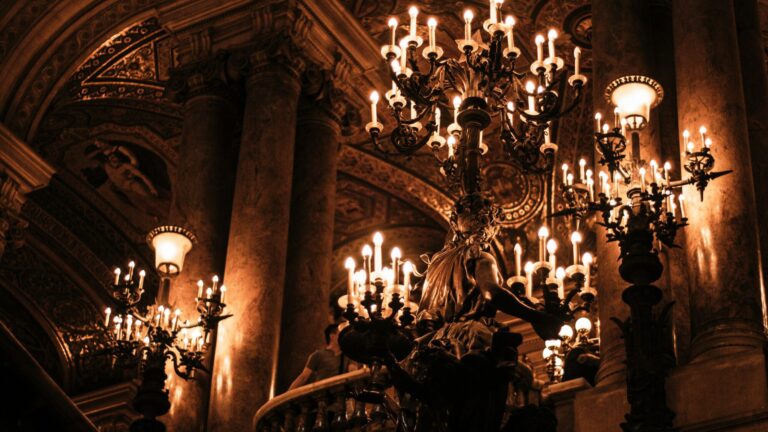

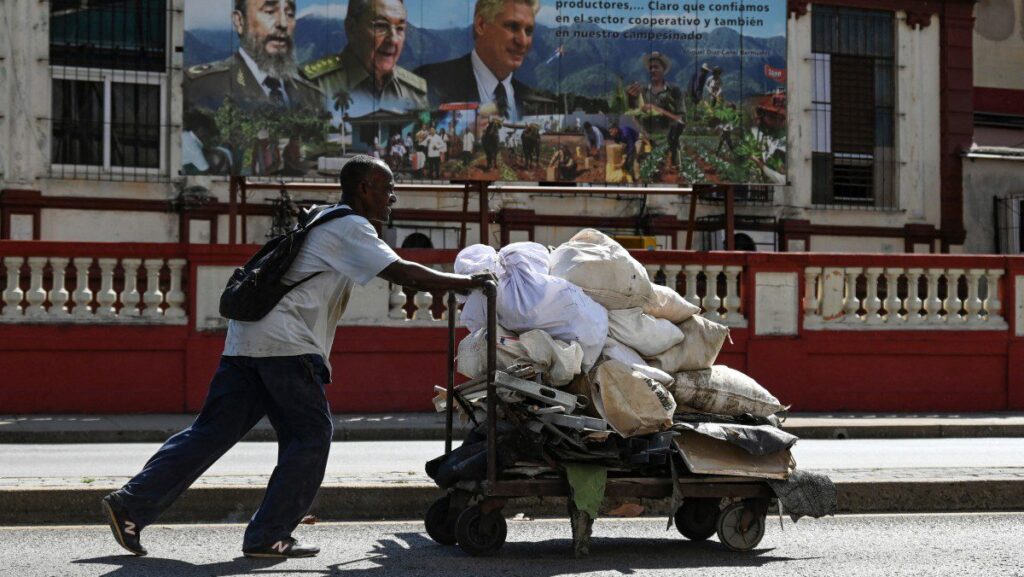

EU funds go directly to Cuban government institutions that maintain the regime’s continued clampdown on human rights.
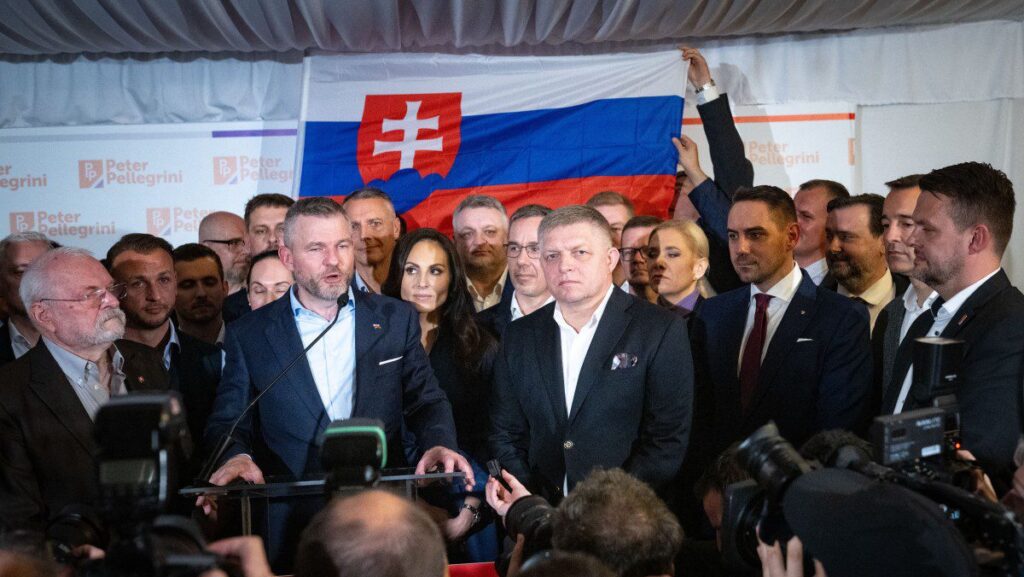

Despite what the establishment says, nothing Robert Fico has done so far is an affront to the rule of law.
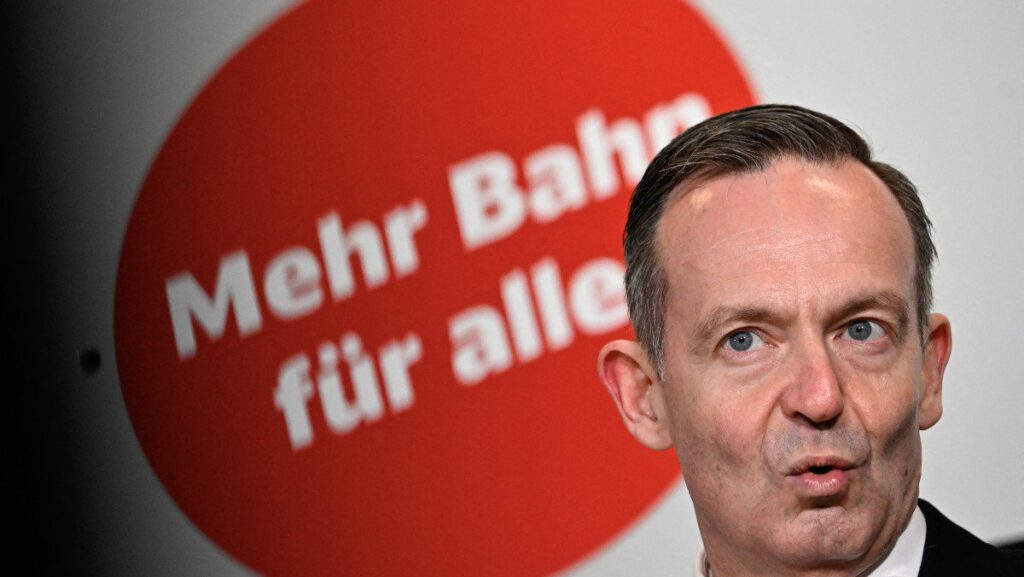

Berlin elites bicker over how to get the average citizen to bear the brunt of the green transition.
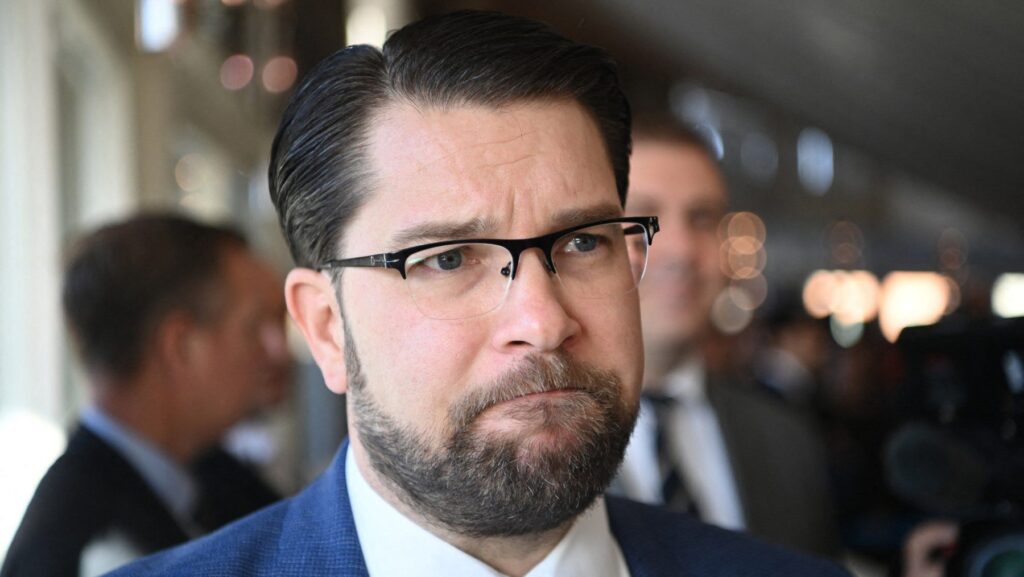

Government announces increase in crime budget after brutal murder.
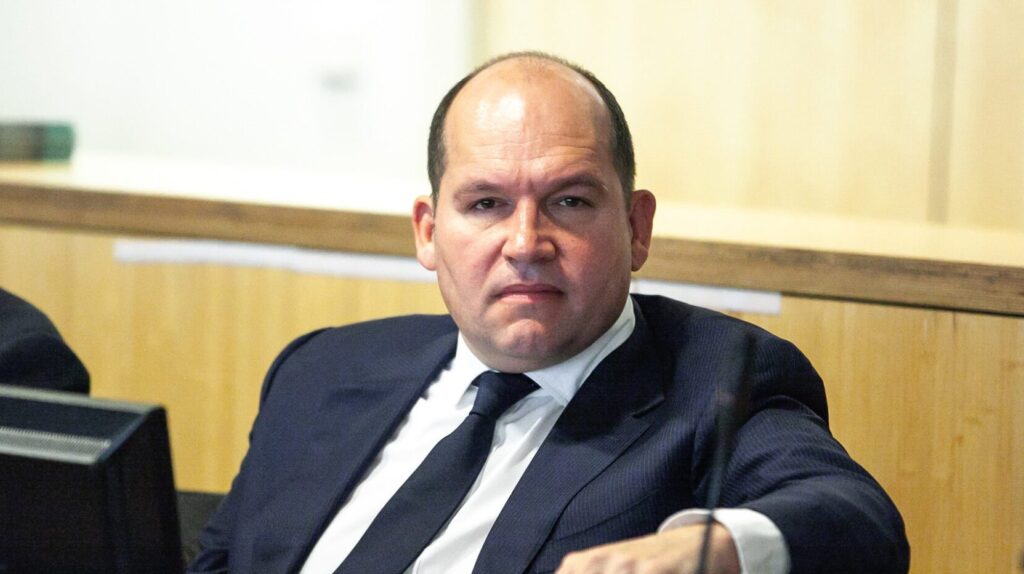

“If Brussels can’t host both sides of the argument, then maybe the capital of Europe can’t be in Brussels.”—Yoram Hazony
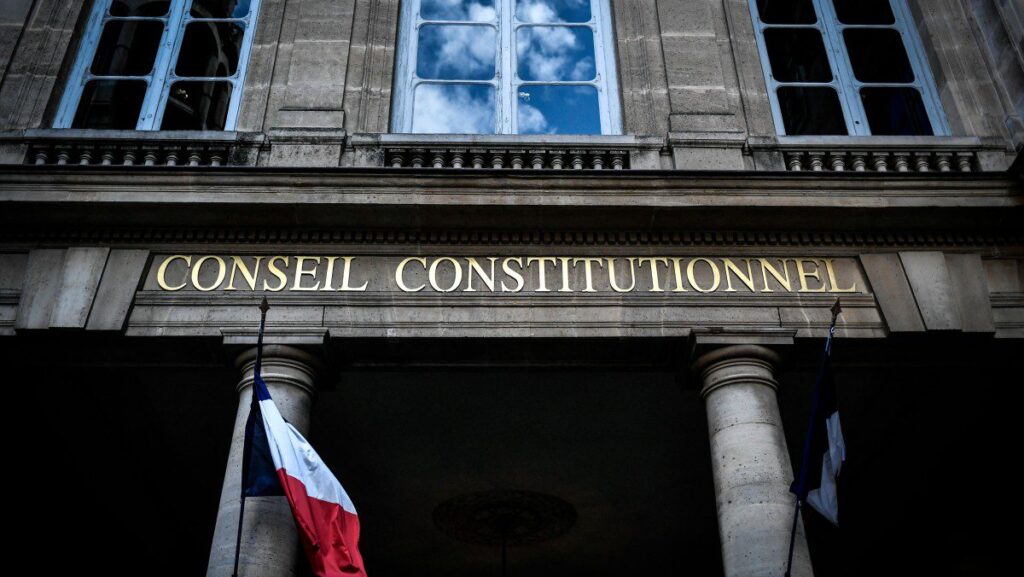

French Right looks to revise Constitution to allow immigration law reform after attempts at stricter laws have failed.
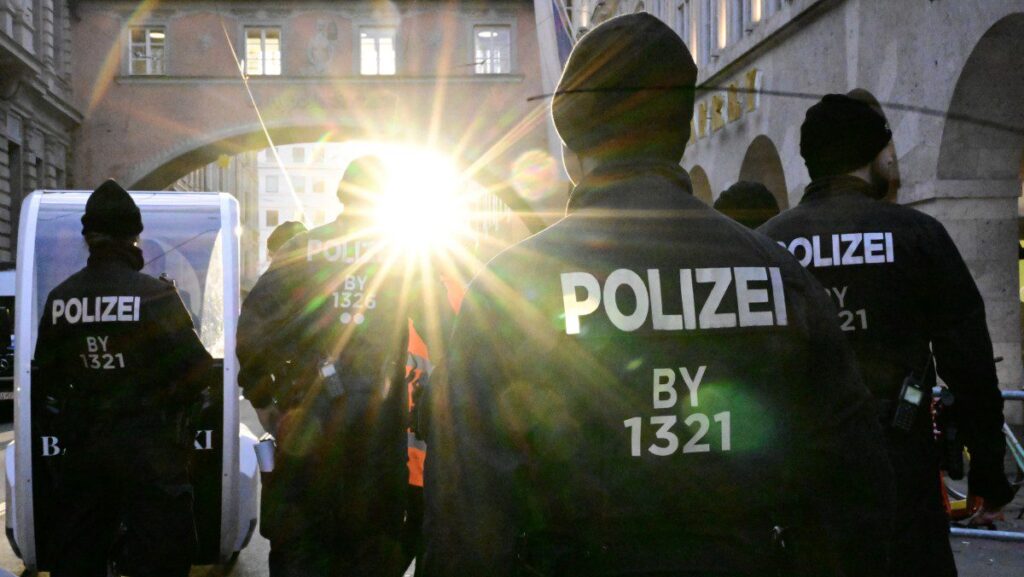

Suspects were targeting churches, synagogues, and police stations.


In addition to violating mandated time limits, the responses given to Parliament are “noticeably substandard,” MEP Rob Roos says.
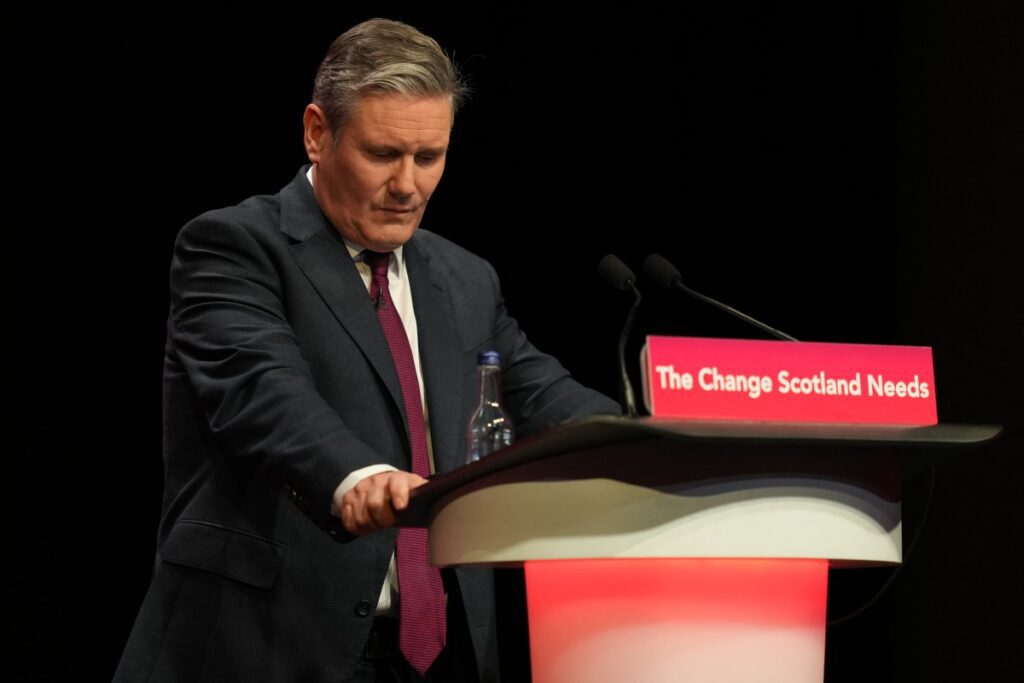

Party shows deep rifts regarding report’s scathing critique of current care


Nearly one million signatures gathered in two days signal potential resurgence of ‘Gilets Jaunes’ protests.


The problem in Europe and America is not that the free-market economy is too big. The problem is that the free-market economy is not big enough.


Three independent sources criticize the free-market system. Two of them are from the U.S. government. What is going on here?
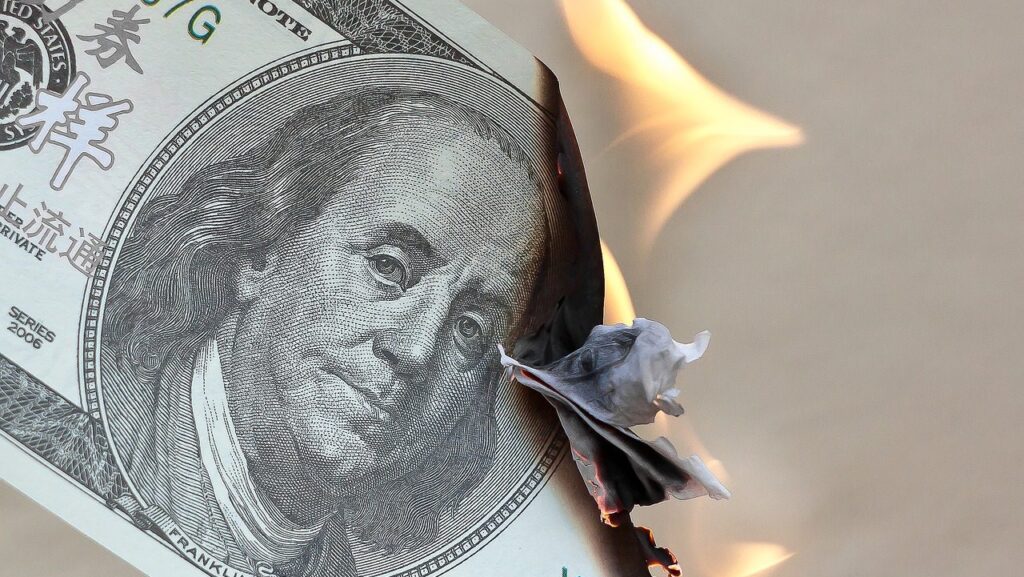

The U.S. economy is doing well, but the slowly growing uneasiness on the market for federal government debt could easily grow into a problem big enough to derail it.
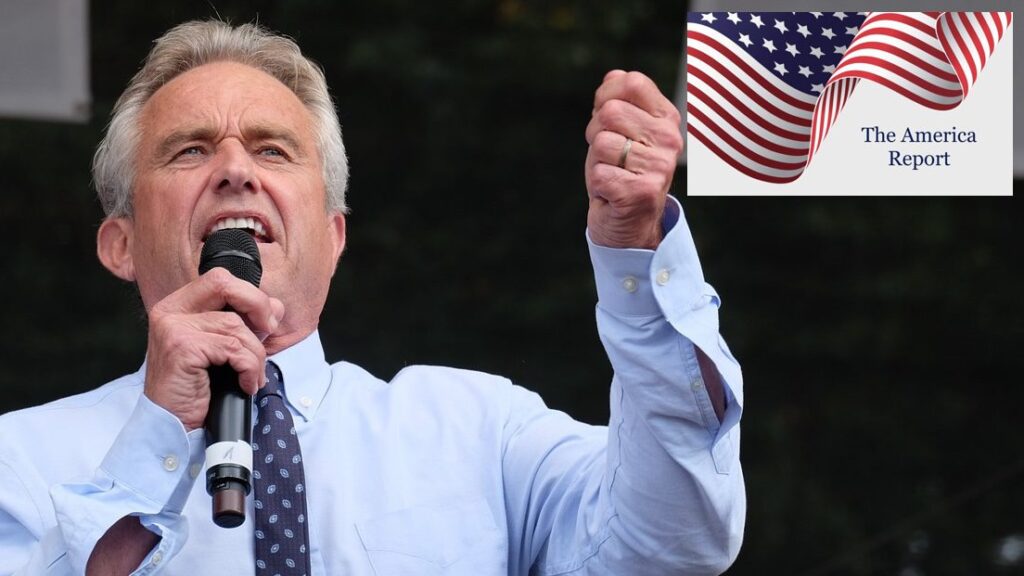

Robert Kennedy Jr. is the strongest third-party presidential candidate in 32 years. Many of his supporters are vaccine skeptics, and the Democrats are panicking.
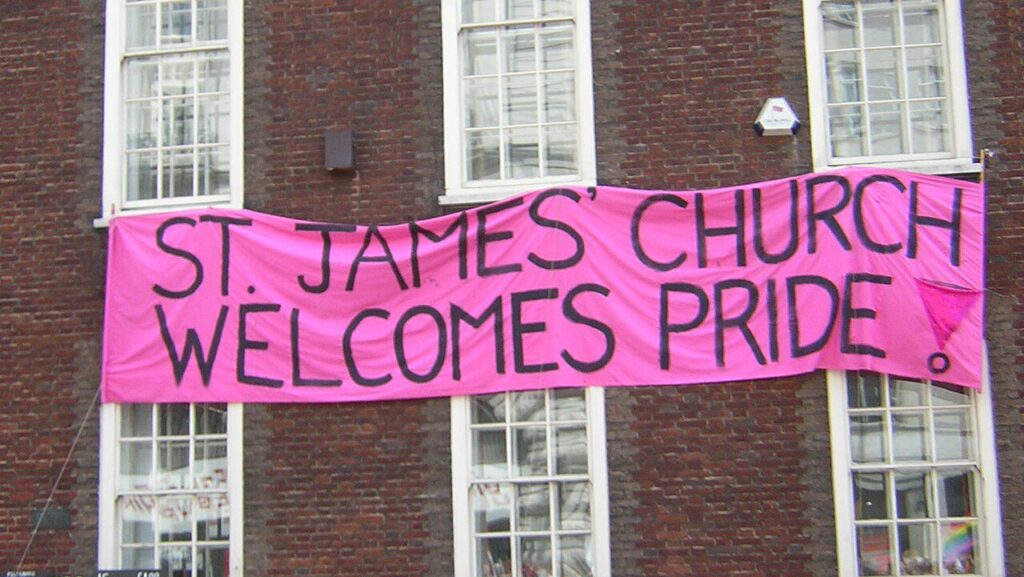

Fellow Christians must be firm and uncompromising in facing down ideologues who give Christianity a bad name.


Mass immigration was a decision made by a Conservative party trapped in the Boomer Truth paradigm.
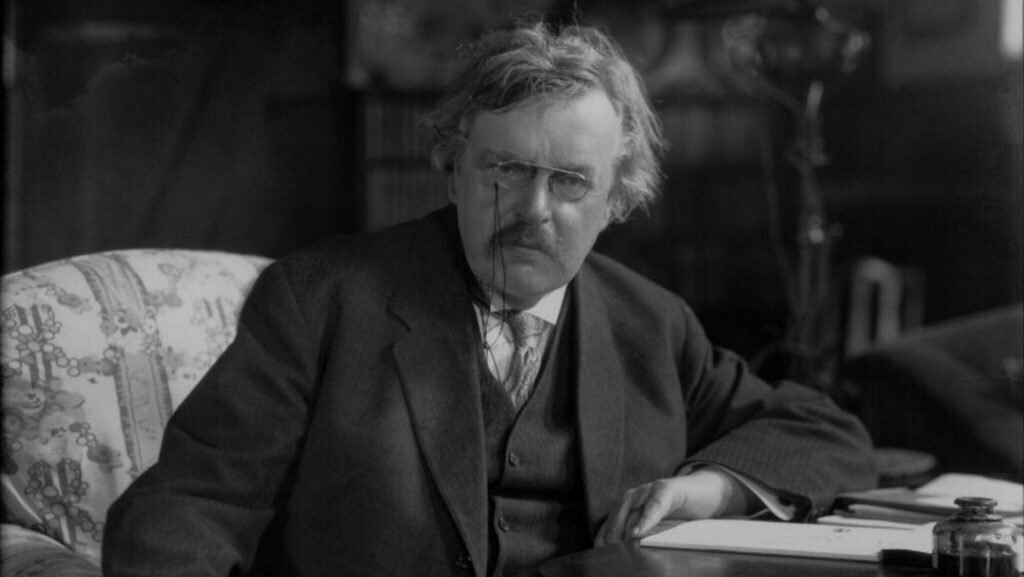

Chesterton knew that allegiance to the flag comes after the allegiance which already exists for hearth and home.
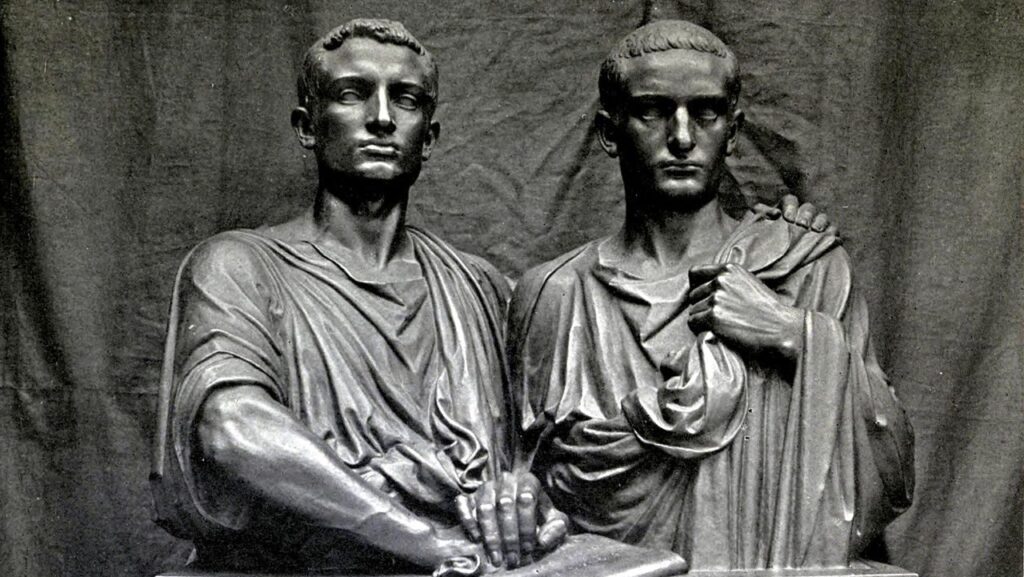

The compatibility of imperial and indigenous imperatives comes through in Tiberius’s land reforms.
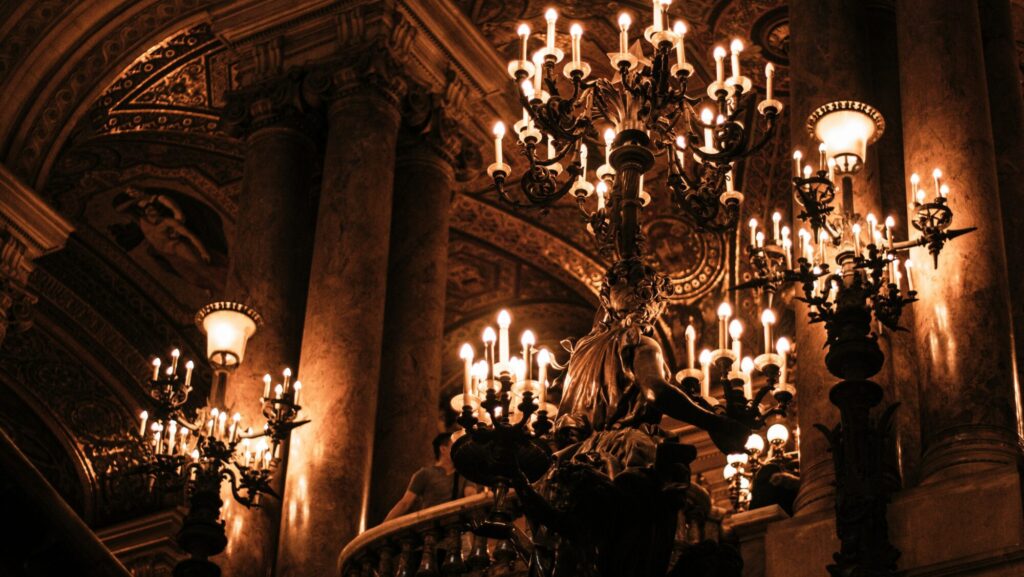

You should attend the opera. It is challenging, yes, but it is often the most challenging artistic modes which are the most rewarding once understood.
The Winter edition, like every issue, provides a varied mix of perspectives on different expressions of conservatism around the world. It also has several contributions exploring the theme of love, human dignity, and human rights.
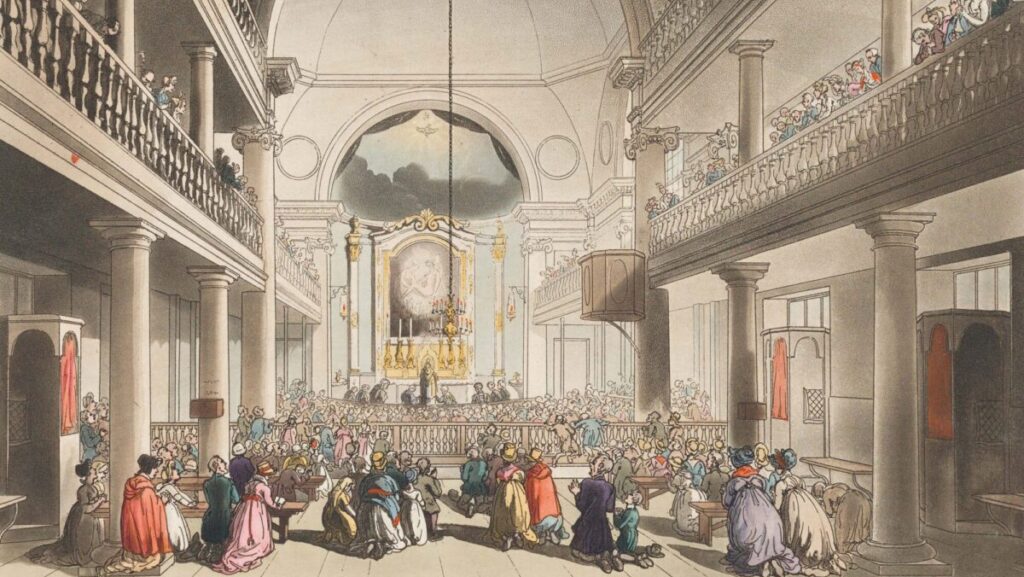

FROM THE WINTER 2024 PRINT EDITION:
Morello compellingly argues that the authentic conservative must open himself to the grace which is the ultimate remedy for our human and modern discontents.
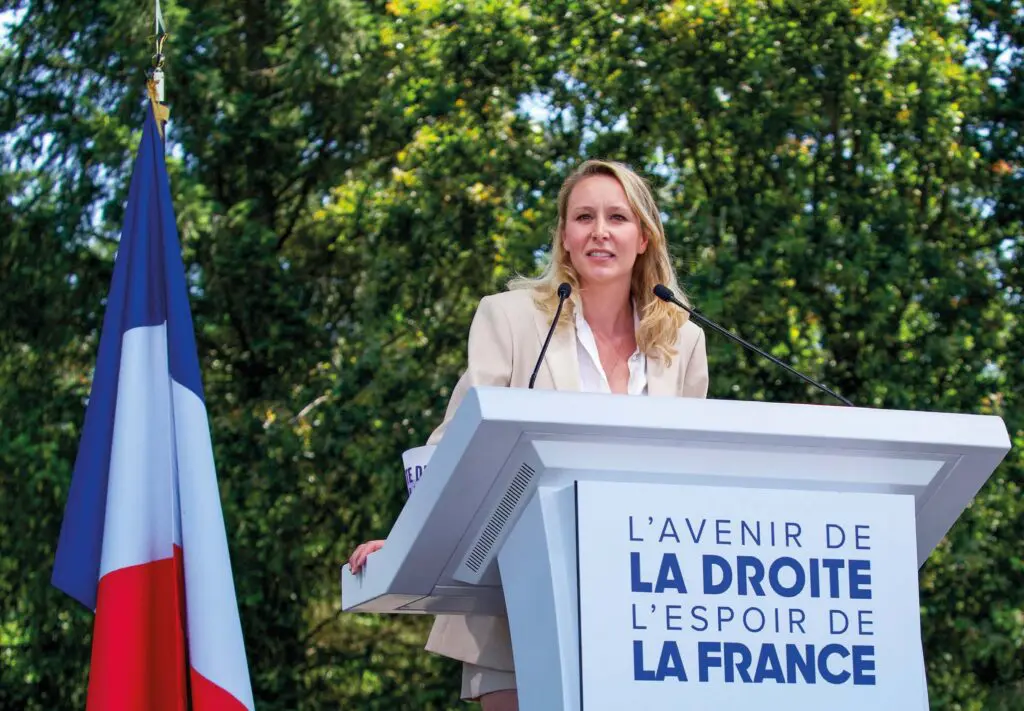

FROM THE WINTER 2024 PRINT EDITION:
My ambition is for Reconquête’s ideas to win in France and in Europe.
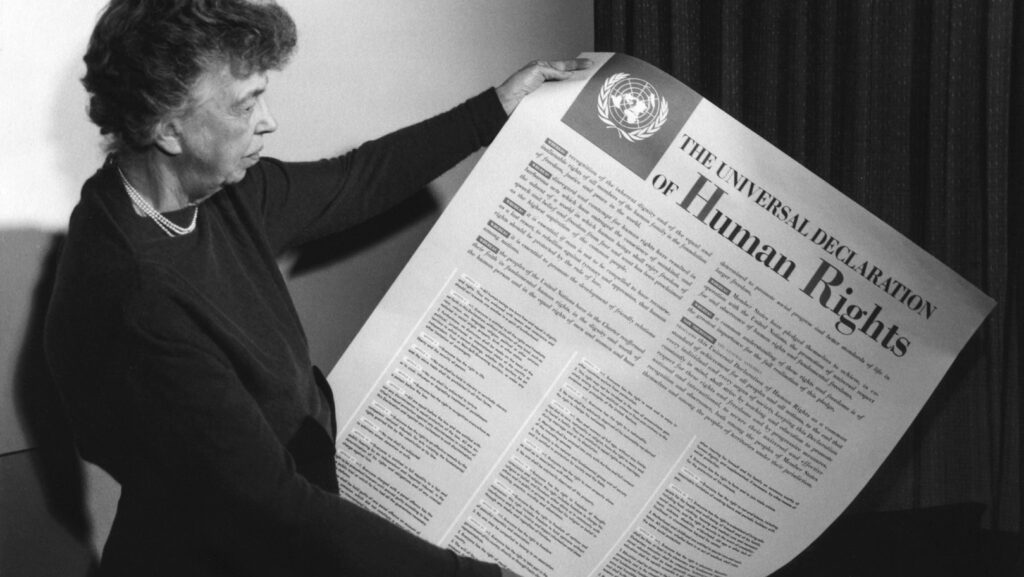

FROM THE WINTER 2024
PRINT EDITION:
If the state is the author of our rights and has the power to grant them to us, then they are not rights, but permissions that the state could revoke at any moment.


Leftist anti-values must be countered with beauty, love, goodness, and truth.


It is not enough to tell European farmers to stop demonstrating and to go home.


FROM THE SPRING 2024 PRINT EDITION: The problem is that much of the British establishment “still lives in the mental world of EU membership.”
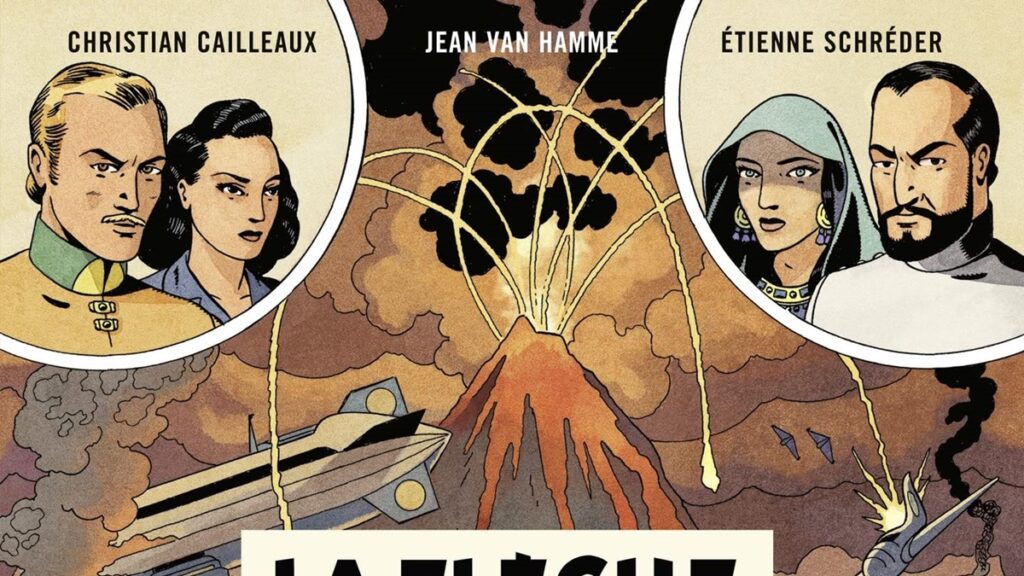

The U Rayis not perfect, but it’s bursting with adventure that has inspired one of the greatest comic writers of our time.


With such a fine musical performance, it is regrettable that the subway station is the production’s most memorable image.


The ambition of Jones’ The Two Cities is to use the Augustinian framework to demonstrate an alternative to the misguided secular approach to history.
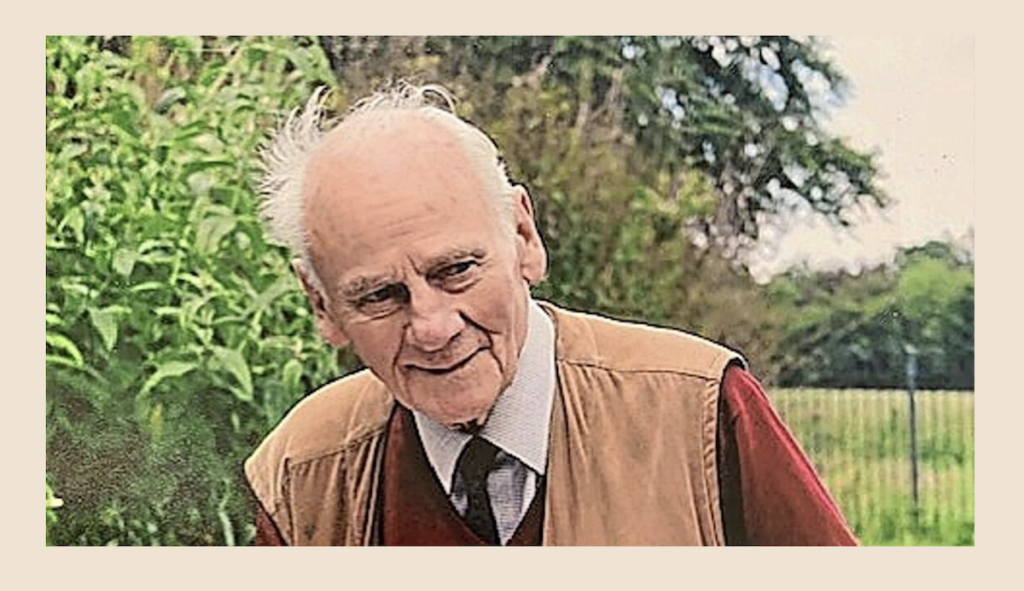

With the death of John Bellingham, conservatism has lost one of its greatest sons.


We would do well to consider whether Kissinger should be a role model or a cautionary tale.
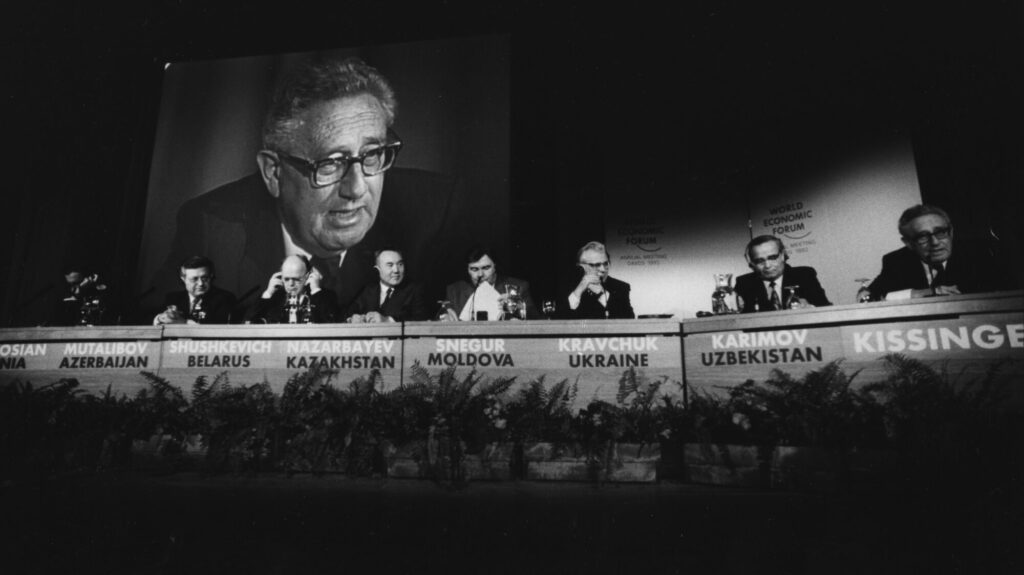

Kissinger rejected the idea of America as a ‘City upon a hill’ and exercised a statesmanship guided by power, not morality.
It is also published online, with additional emphasis on news and analysis, and new content daily.
Please note: Print edition is not available as a PDF.
To submit a pitch for consideration:
submissions@
For subscription inquiries:
subscriptions@